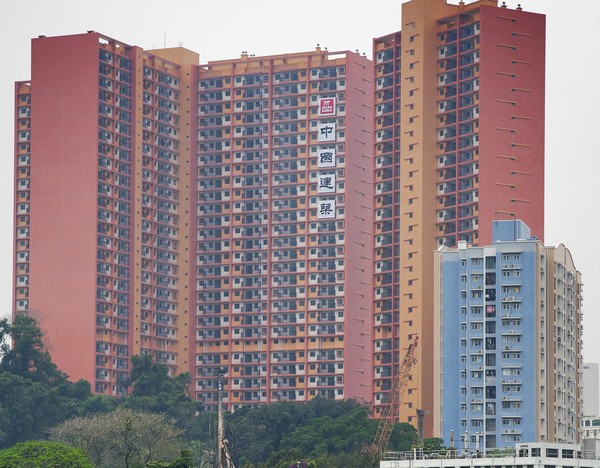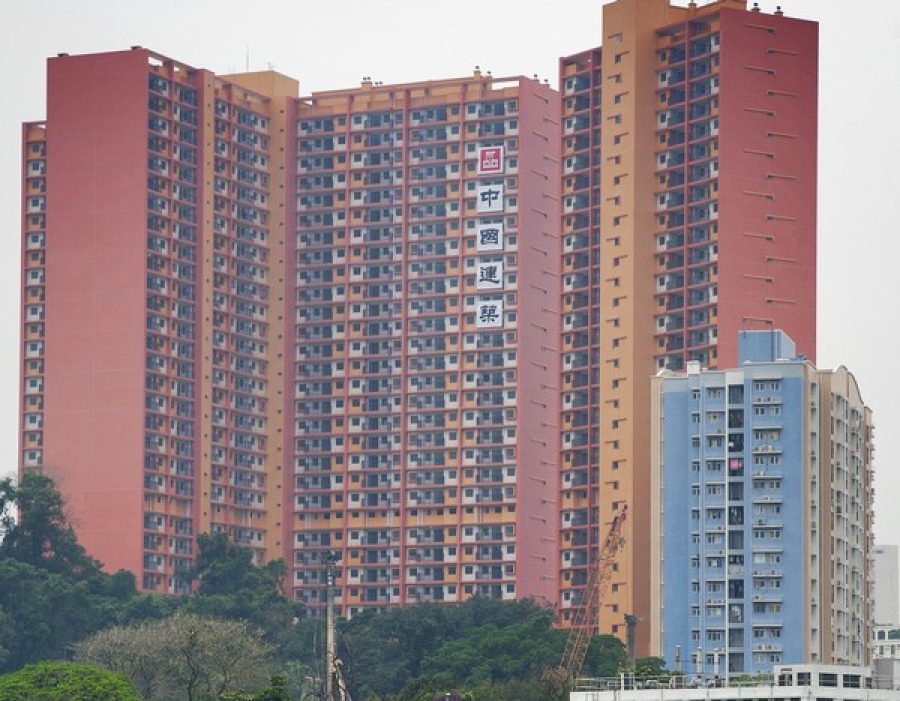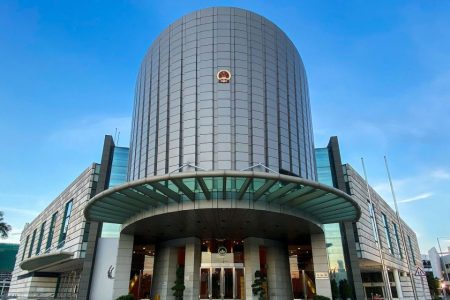Executive Council (ExCo) spokesman Leong Heng Teng said Wednesday that the government’s 10-member top advisory body has finished its discussions on two amendment bills, one regarding stamp duty rules and the other concerning imported labour regulations.
Leong said that ExCo would send the two amendment bills to the legislature at once in the hope that a debate and article-by-article vote could be carried out “as early as possible”.
“We will immediately submit them [the two bills] to the Legislative Assembly through an urgent procedure,” Leong was quoted by The Macau Post Daily as saying.
Regarding the stamp duty, Leong said the while the current stamp duty only deals with the purchase of residential flats, the proposed amendment calls for the tax to also cover the purchase of commercial units, offices and parking spaces.
Moreover, under the proposed amendments, companies and non-local residents would have to pay an extra 10 percent stamp duty when purchasing residential flats in a bid to clamp down on rampant property speculation.
The amendments stipulate that the 10 percent stamp duty would be waived for buyers who paid their original stamp duty within 30 days of the law being passed. They also specify that the extra stamp duty would be exempt for non-locals who are married to local residents.
The two amendment bills are part of a string of property market cooling measures announced by the government last Friday.
Regarding the bill on non-resident workers, Leong said that the proposed changes focus on the “blackout period” for imported labour. If their employers unilaterally terminate their contracts, or the contract is ended by mutual consent, then these non-local workers would not need to go through a “blackout period” of six months.
But these workers could only be employed in a field that is similar to their previous employment.
The six-month “blackout” period means that non-local workers are not allowed to seek new employment in Macau during that time. The period is meant to prevent “job-hopping” among imported labour, government officials have said.(macaunews)






